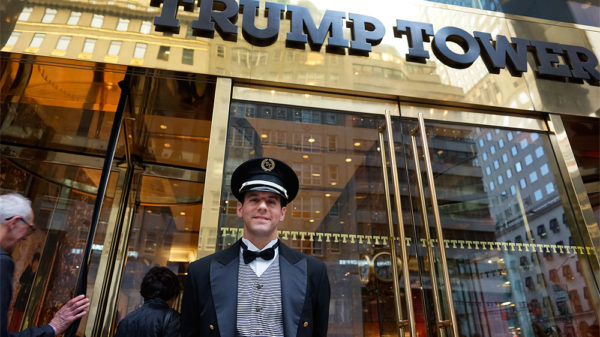Students have been warned over public Wi-Fi use as they start college or university. In particular this includes a warning over using public Wi-Fi networks to transfer money or share personal information.
The warning is spelt put by Šarūnas Karbauskas, a cyber-security expert at VPNPro, who tells Digital Journal that although many publicly accessible Wi-Fi networks are generally deemed safe, students still risk sharing personal information online if they do not take adequate precautions.
“A common misconception is that if a public Wi-Fi network requires a password to connect your device, then your personal information is entirely safe from cybercriminals, which simply isn’t the case”, Karbauskas explains.
The expert continues: “While password-protected Wi-Fi networks are definitely much safer than password-free networks, you can still be vulnerable to potential online attacks when entering personal information online.”
Password Vs Password-free Wi-Fi networks
In terms of common risks, Karbauskas considers: “Most public Wi-Fi networks, such as in cafés, pubs and restaurants, are password-protected which means that your data is encrypted when you are browsing online.”
In terms of consequences, Karbauskas clarifies: “This means that if someone outside of that network intercepts your connection, they won’t be able to understand the data and are unlikely to be able to do anything with it.”
Not everything is secure, however. Here Karbauskas warns: “If you connect to a public Wi-Fi connection that doesn’t require a password however, your data is not encrypted, which means that all information you enter online can be captured by anyone within range of the network. This includes any personal or banking information you may have entered.”
In terms of the optimal solutions, Karbauskas recommends: “Using a password-protected Wi-Fi connection is much safer but can still pose some risk, however. If your café’s Wi-Fi router uses old-school WEP encryption for example, every user’s web traffic is encrypted using a single key which means that anyone on the network can see what you’re doing.”
For additional security, Karbauskas notes: “Most Wi-Fi routers should now employ the WPA2, or the more advanced WPA3 protocol, which both provide a greater level of protection.”
With his final advice, Karbauskas recommends: “To check which type of security your Wi-Fi network uses, Windows users can go to Wi-Fi settings and click on the network they are connected to, and it will be under ‘Security type’. Mac users can hold down the ‘Option’ key and click on the Wi-Fi symbol in the top right corner of your screen, to show the Wi-Fi’s security type.”














